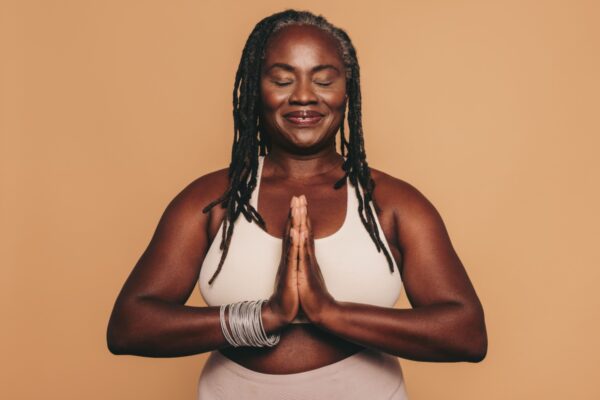
4 Benefits of meditation for midlife women
Meditation is a handy tool for women of all ages, but in midlife it is particularly helpful in dealing with menopause symptoms and daily stress.

Meditation is a handy tool for women of all ages, but in midlife it is particularly helpful in dealing with menopause symptoms and daily stress.
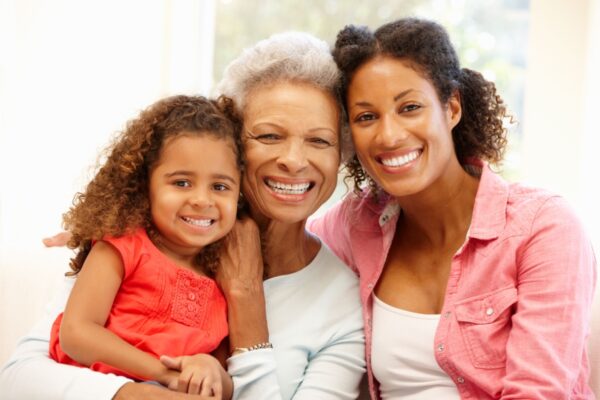
Hanging out with younger people can be beneficial to both parties. Intergenerational relationships provide mutual support and opportunities to learn.

Taking care of yourself as a caregiver is even more important than caring for your loved one. If you aren´t ok, you can´t take care of others.
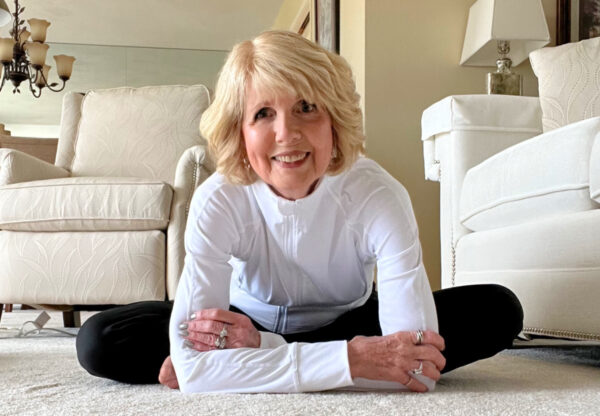
Influencers come in all shapes, sizes, and ages, and Candace paves the way for all generations to embrace aging.

No es necesario buscar otra pareja después de un divorcio para ser feliz. A los 58 años, soy prueba de ello.
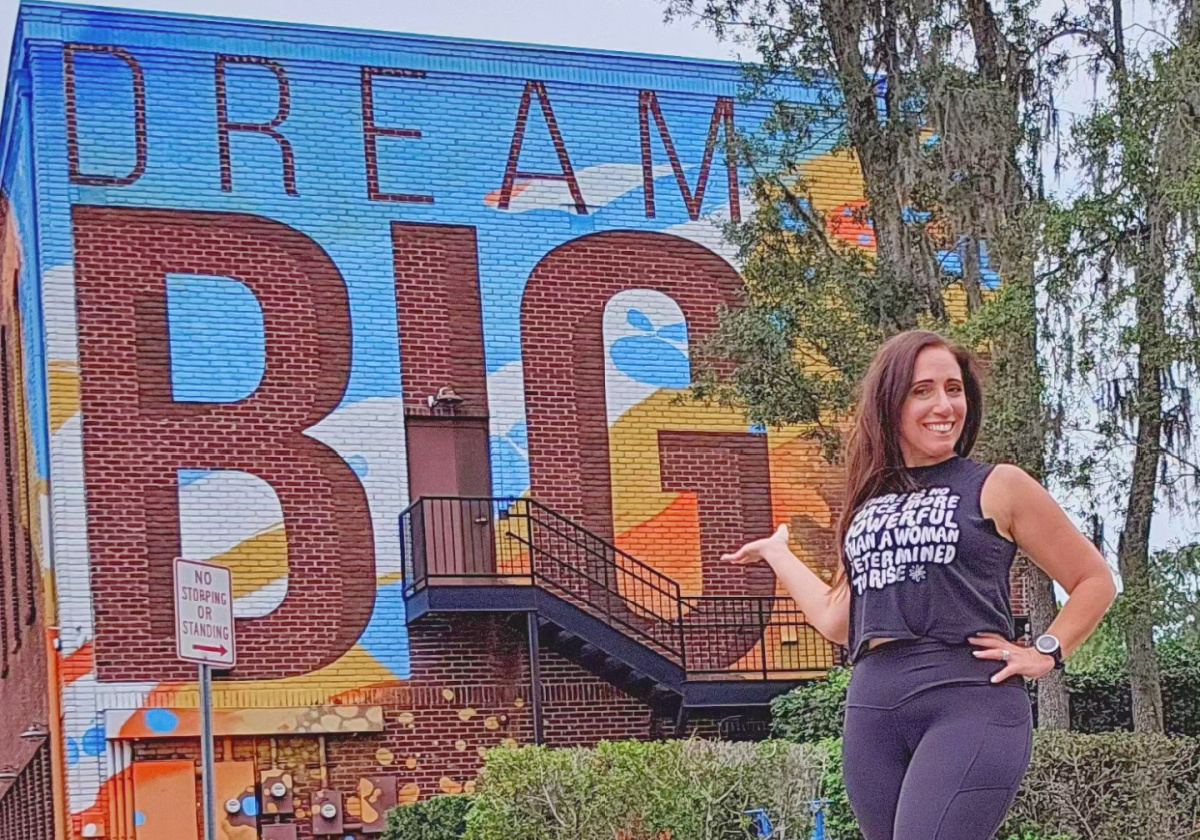
Denise Mestanza-Taylor shed light on the importance of flexibility, both in responding to the ever-changing digital world and in managing personal health and well-being
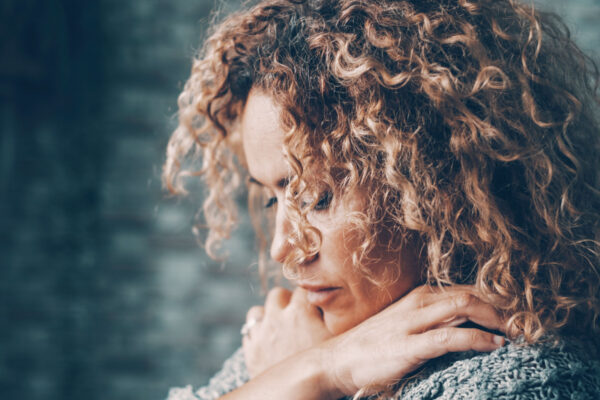
Heartbreak and grief in midlife go hand in hand. Here is how I overcame mine at 50 and you can too.

If you’re struggling to be more mindful these days, technology is your friend. Here are some apps that can help you harness the power of now.
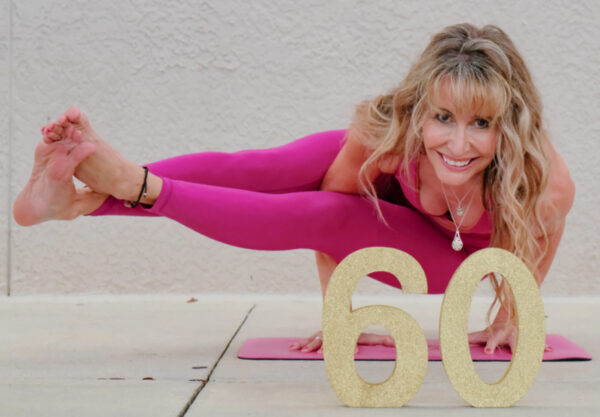
My 50s were, like most decades, a season of highs, lows, and personal growth leading up to the milestone of turning what I call Super 60!